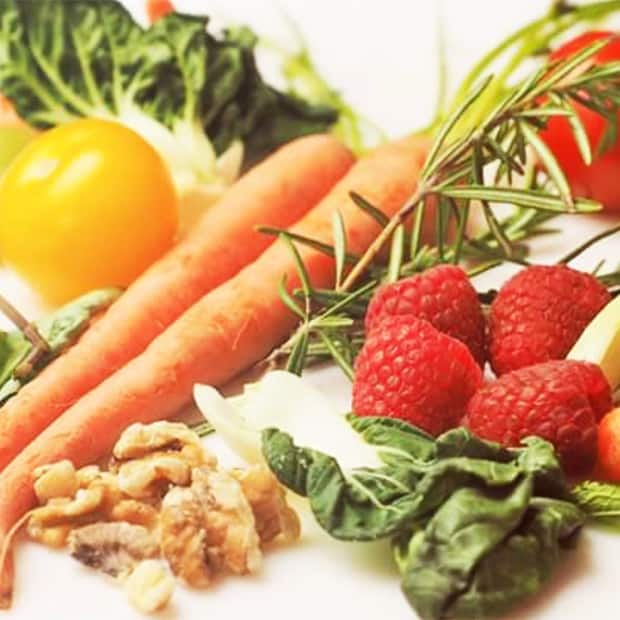
- Salmon
- Avocado
- Eggs
- Carrot
- Chia seeds
- Beets
- Walnuts
- Quinoa
- Spinach and kale
- Pomegranate
1. Salmon
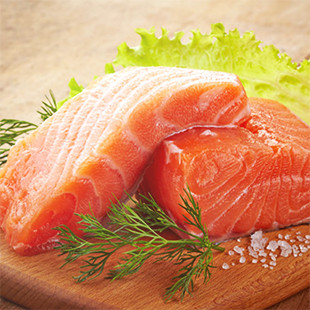
Salmon is a very good source to protein and it also has a lot of nutrients which are important for your fertility. Fat fish like salmon is a very good source of omega-3 and omega-3 has documented anti-inflammatory effect on the body. Salmon also contains much vitamin-D. Research shows that optimum levels of omega-3 and vitamin D is very important for fertility.
2. Avocado
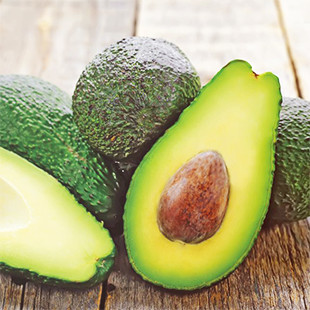
Avocado is full of vitamins, minerals, fatty acids, fiber and proteins. It is an excellent source of vitamin-E, which is very important for the quality of the endometrium in the uterus. Avocado is also a very good source to folic acid.
3. Eggs
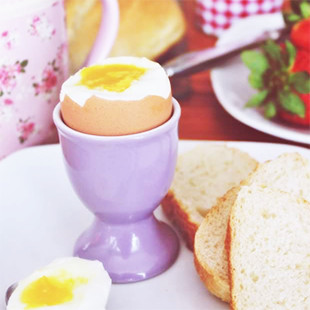
Eggs are among the most nutritious foods that we can eat. It actually contains all the vitamins, except for vitamin C. They also contain a lot of minerals, healthy fat and proteins of very good quality. Eggs are also rich in kaolin and studies show that kaolin is an important effect on the fetal development. Think about the amazing fact that all the nutrients that are needed for one cell to become a chicken is all inside the egg!
4. Carrot
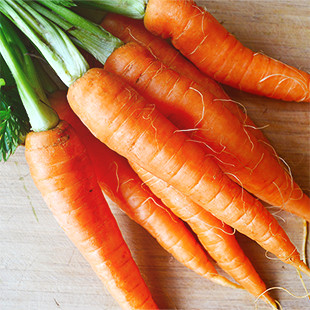
Carrot is a nutritious vegetable full of vitamins, minerals, antioxidants and fiber which can boost your fertility. Carrot is rich in Beta-carotene, which is known for boosting the production of the hormone progesterone. Progesterone is important for the embryo to be able to implant in the uterus. Beta-carotene also improves the sperm quality, both the volume and the motility.
5. Chia seeds
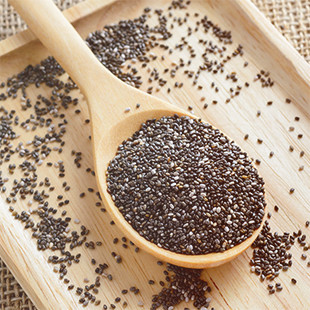
Chia seeds are called "the Incas gold", exactly because of these seeds wonderful characteristics and nutritional content. The seeds contain a lot of fibre, omega-3, complete fatty acids and some proteins. They are also very rich in vitamin-B, calcium, magnesium, zinc, selenium and iron, which are all very important nutrients for the fertility.
6. Beets
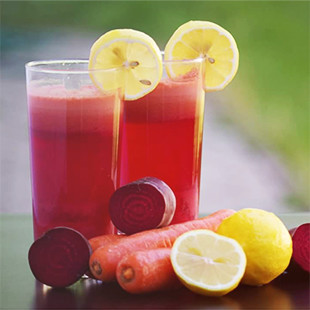
Beets are rich in nitrate and they are known to increase the blood circulation. Beets are often used by athletes, exactly because of this. We do recommend all women who try to get pregnant to eat fresh beets in salads, to bake them in the oven and to drink a lot as a raw beet juice. This will increase the blood circulation of the uterus. Beets are also a very good source of the antioxidant resveratrol, which is known to boost fertility.
7. Walnuts
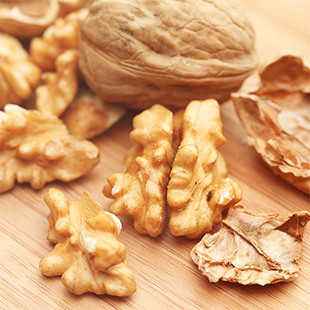
Walnuts are among the most nutritious foods which exist in nature. They are full of good nutrients that are good for our hormones. They are a fantastic good source of omega-3, unsaturated fats and proteins. These nuts also contain a lot of vitamin-E and antioxidants, which protect the sperm and egg cells against damages. Walnuts have shown in studies to increase the sperm quality. One handful of these nuts are recommended daily.
8. Quinoa
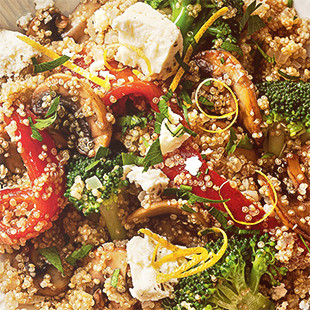
This seed is very rich in nutrients. It has all the proteins, it is free of gluten and it has a lot of vitamins, minerals, fatty acids and fiber. Quinoa is a super substitute for other carbohydrate-rich foods like potatoes, rice and bread. Quinoa has a much higher protein content and is good to eat together with beans, lentils and peas. It has been shown that the intake of vegetable protein-sources are very beneficial when trying to get pregnant!
9. Spinach and Kale
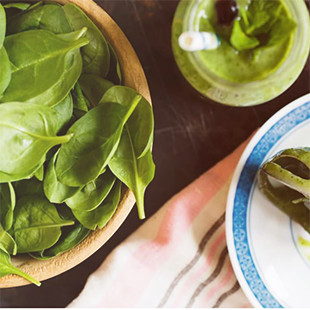
Spinach and kale are both very rich in many nutrients. They are full of vitamin-C, Calcium, Beta-carotene and iron. These highly green leafy vegetables are also rich in important antioxidants, which slow down the aging process in the cells, also egg and sperm cells! Spinach and kale are actually proven to prevent and repair cell damage!
10. Pomegranate
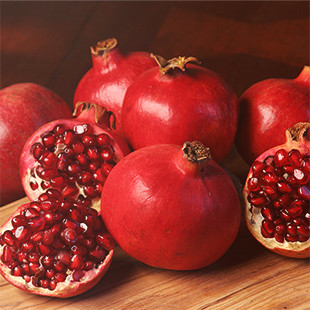
Pomegranate is rich in many different and important nutrients, such as Vitamin-C, Vitamin-K, Folic-acid and a lot of other vitamins and minerals. This fruit has been shown to have anti-aging effect and it is healthy for the heart and for the general blood circulation of the body. Pomegranate also has a anti-inflammatory effect in the body. In the East, this fruit is known as a symbol for fertility. It is wise to drink the juice of this fruit, as it can be a bit difficult to eat and chew enough of it.
Vibeke Fjeld


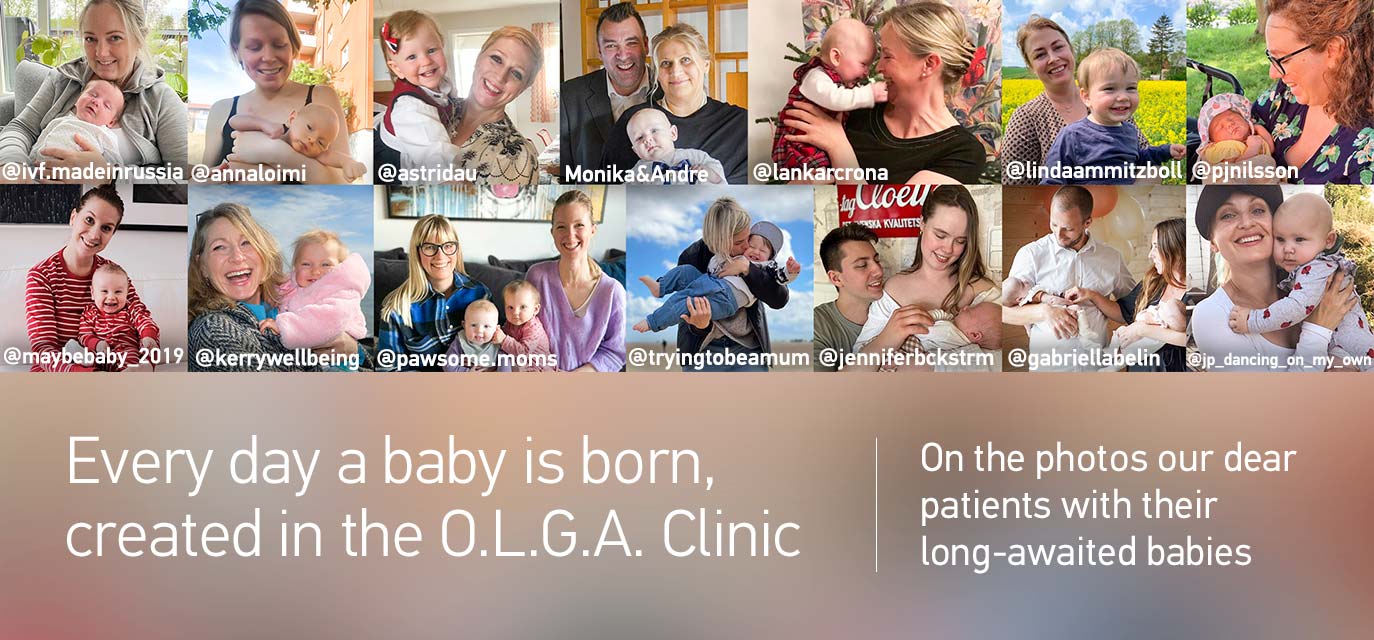

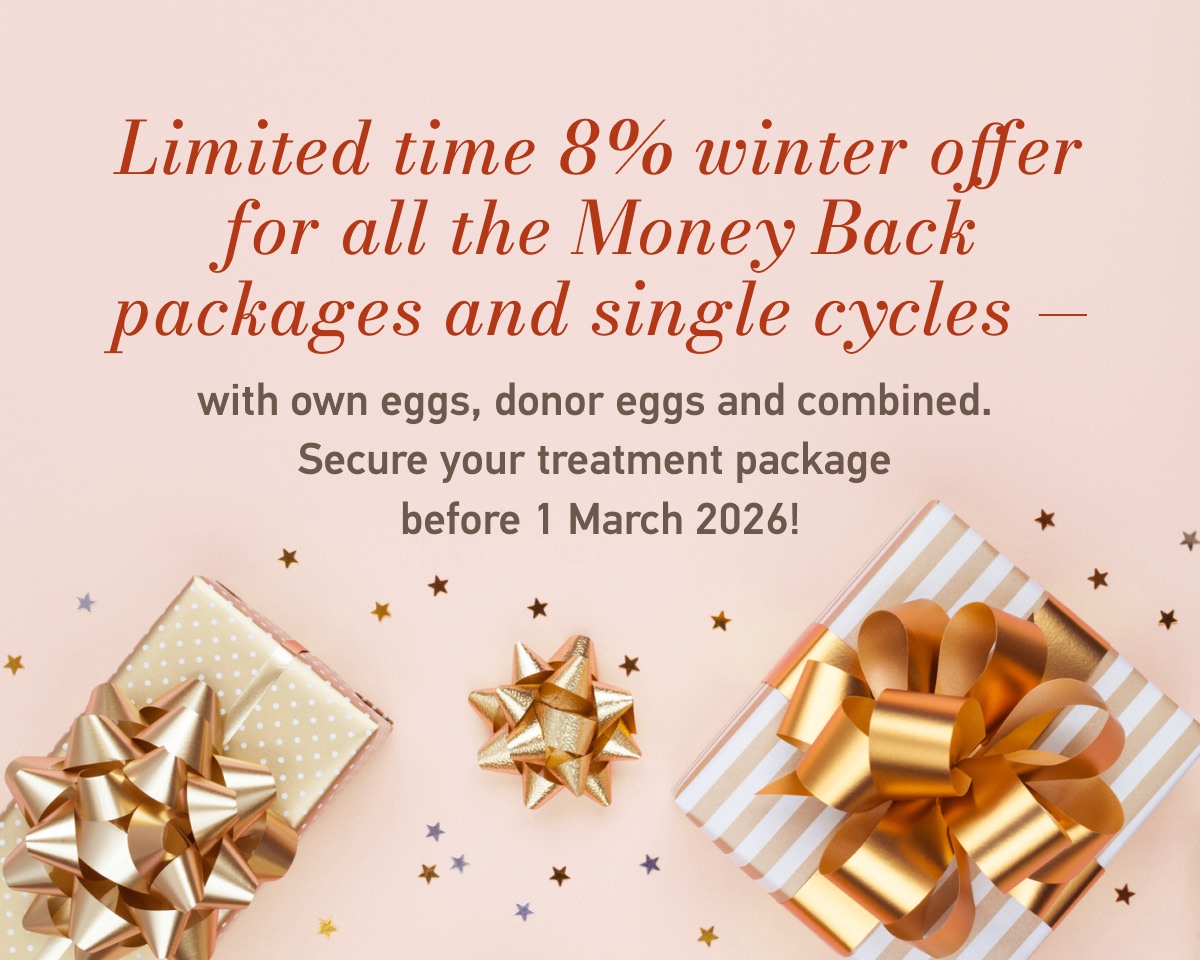





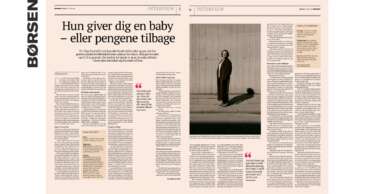








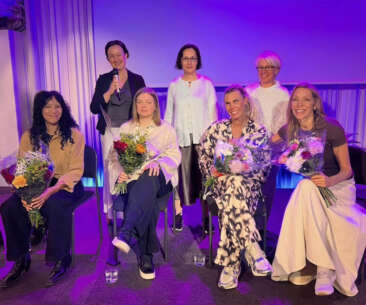

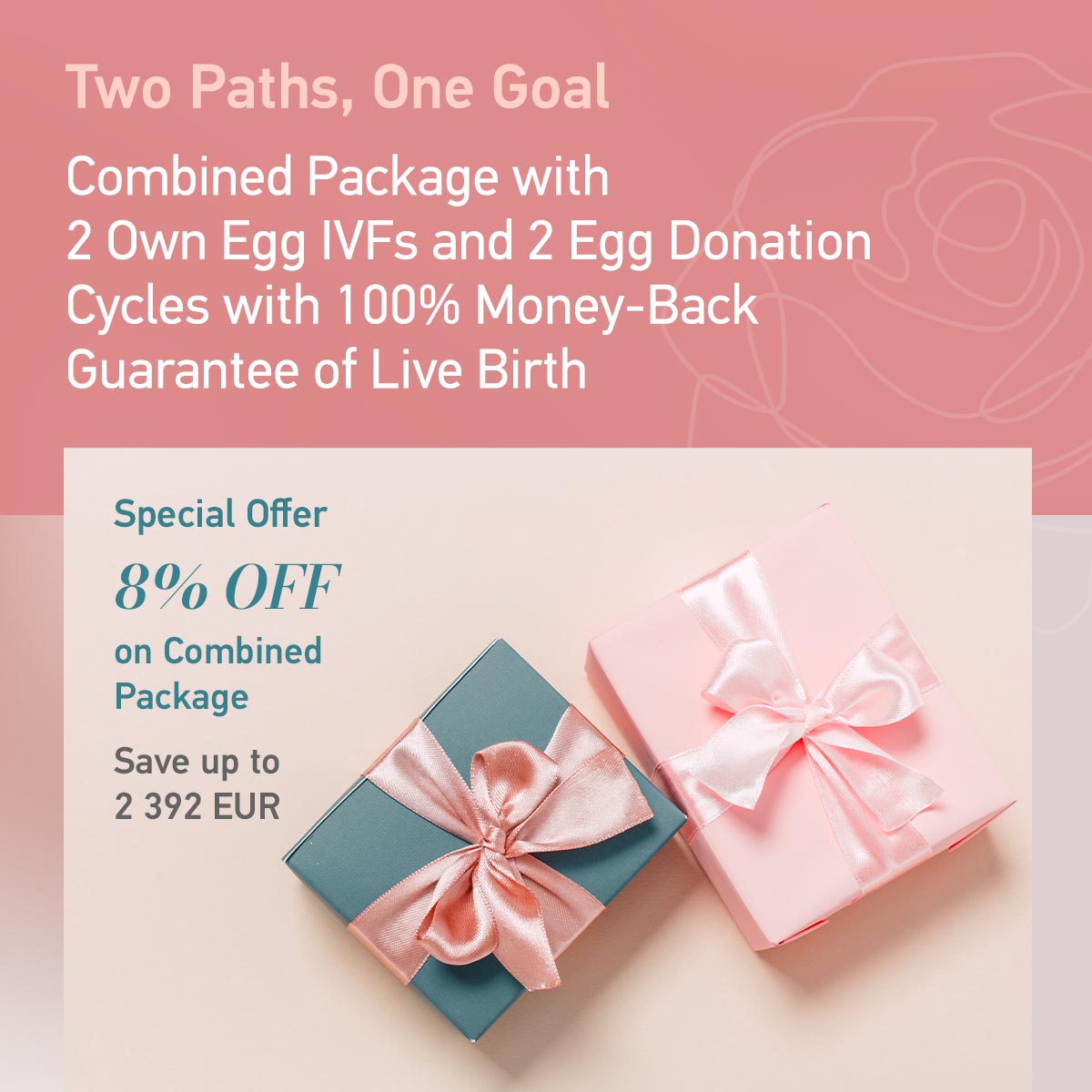




Comments are closed.